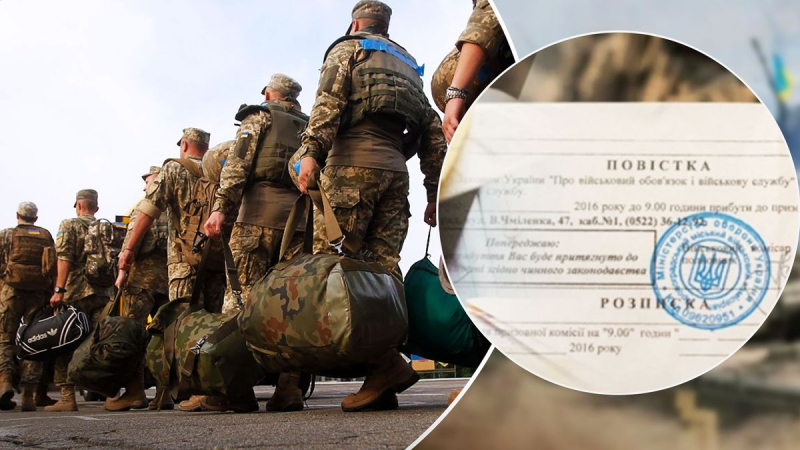
Mobilization activities continue in Ukraine due to a full-scale Russian invasion. During mobilization, men liable for military service can receive summonses not only at their place of residence, but also in public places.
In recent weeks, there have been more complaints from citizens about the allegedly illegal delivery of summonses in public places. 24 Kanal turned to Vladislav Yurchak, a lawyer at T&T Partners, to find out the legality of service of subpoenas on the streets, roadblocks, malls and other places.
Legislation does not determine the place of receipt of the summons
The lawyer explains that Ukrainian legislation does not determine the place where the summons can be served to a person liable for military service at the age of 18–60. Consequently, TCC and SP employees can serve the summons anywhere – at their place of residence or even at work.
The legislation, including after the latest changes, does not determine the place where exactly the summons can be served by the employees of the TCC and the joint venture. Such places have never actually been determined, and therefore these norms allow authorized persons to serve subpoenas to persons both in public places and at the place of work or residence, – said Vladislav Yurchak.
The lawyer noted that the appeal of citizens to The improper place of delivery of the summons does not allow those liable for military service to further evade passing a medical examination or clarifying their credentials.
“In the end, you need to understand that virtually all subpoenas that are handed to citizens are primarily related to the need to update information on the credentials of men. That is, handing over a subpoena does not mean instantly sending a person to the forefront,” the lawyer said.
What are the types of subpoenas
- Agenda for clarification of data,
- Agenda for the passage of the military medical commission,
- Agenda-call for military service,
- A mobilization order is a summons that is given after passing a medical examination, if a man is considered fit for service.
What should be on the agenda
- Name, year of birth and address ;
- place of work;
- type of agenda;
- date, time and address, when and where you need to appear;
- clarification of the necessary documents;
- name of the body, seal, signature, last name, first name and patronymic of the head of the territorial recruitment and social support center.
When they stop handing out subpoenas on the street
Roman Gorbach, Head of the Personnel Department of the Headquarters of the Ground Forces Command of the Armed Forces of Ukraine, told under what conditions they can stop serving subpoenas on the street.
He explained that men almost never inform the TCC about what education they received, where they moved, when they got married, divorced or had children.
Consequently, if the conscripts themselves submitted updated data in the TCC, no one would catch them on the streets. Therefore, there would be no need to serve subpoenas in public places.

